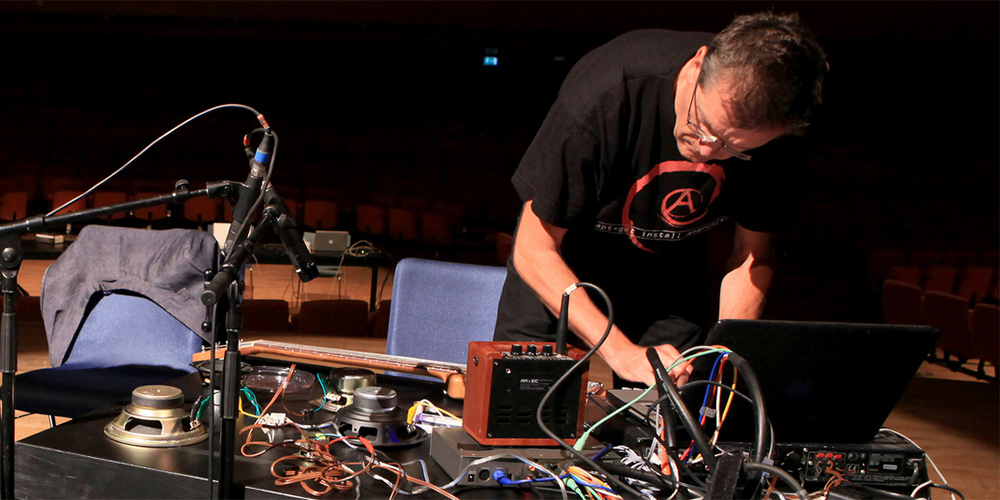In 2015, Prix Ars Electronica is once again honoring excellence in digital sound production. Audiovisual performances, sound sculptures, radio works, digital sounds, computer compositions—a very broad spectrum of acoustic works were submitted for prize consideration to the Digital Musics & Sound Art category. The 2015 Prix Ars Electronica prizewinners will be announced on May 26, 2015. Several weeks before, while the international jury was still going about its deliberations, one of the members we had a chance to meet was Seppo Gründler, director of the Communication, Media, Sound and Interaction master’s program at the Joanneum University of Applied Sciences in Graz. During one of the breaks, we chatted with him about his impressions of this year’s entries.
Which criteria are of utmost importance to you as a juror in the Digital Musics & Sound Art category?
Seppo Gründler: The chief criterion is the quality of the work, but, of course, the question is what standard is used to measure quality in an artistic discipline. For me, there are several points. In the case of sound, naturally the sound quality is decisive. And then the question arises: How does the artist work with the sound? Does the work take advantage of the entire spectrum? How cleanly is this implemented? But it also depends on the piece itself. There are conceptual pieces in which the sound per se isn’t crucial at all. In addition to the quality, I also take originality into consideration. Does the piece tell me about something that I don’t get an account of elsewhere? That’s especially important to me.
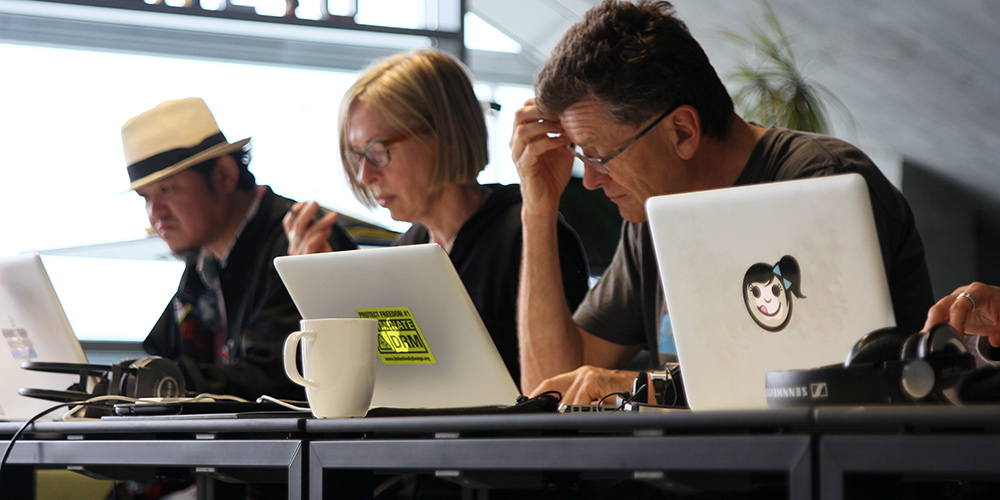
Photo: Martin Hieslmair
Do you pay attention to which technology is ultimately used to produce sound?
Seppo Gründler: By all means. The use of technology is decisive for me, particularly in a category like Digital Musics & Sound Art. Here, it isn’t so crucially important that the technology employed is absolutely leading-edge. But if you try something new, then it has to be used appropriately, in a way that makes aesthetic and conceptual sense. I wouldn’t immediately dismiss a piece if I noticed: C’mon, that’s been done already. That’s not a criterion for me at this point.
Reviewing the submissions this year, did you notice any trends?
Seppo Gründler: I find that the entries this year are extremely diverse. We’re confronted by a very broad spectrum—from classical acoustic music all the way to techno pieces. One thing I was astounded by was that there are amazingly few commercial mainstream productions.
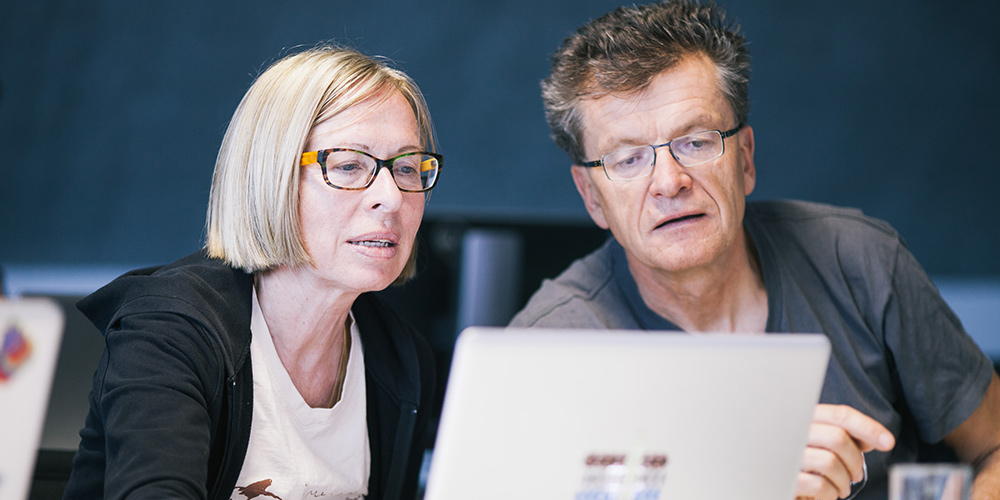
Photo: Florian Voggeneder
You’re a composer. What conditions have to be fulfilled for you to be able to give free rein to your creativity? Does this call for a particular place?
Seppo Gründler: I don’t care that much about the place. Of course, when you work with sound, there shouldn’t be a lot of noise. It tends to be the case that cities or depressing surroundings inspire me to work more than, say, mountains or the sea. When you’re there, amidst nature, you’ve got something else to do. Rainy weather is also conducive. *laughs* And, you know, they say: a hungry man plays a good guitar, but I truly believe that a certain degree of financial security is highly beneficial. When all of your efforts are devoted to a struggle to survive—and I’ve been through that, and good work can come out of it too—but the work suffers by all means.
This is something I would wish for every artist: that they at least don’t have to worry about where they’re going to sleep or get their next meal.
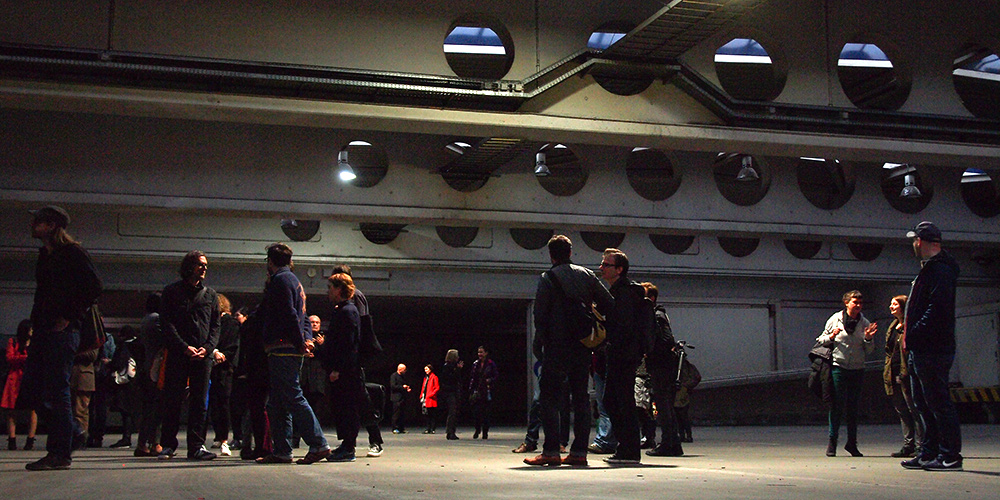
Photo: Martin Hieslmair
During the Prix jury weekend, you also got an advance look at PostCity, the 2015 Ars Electronica Festival location. How’d you like it?
Seppo Gründler: I liked PostCity a lot. Very impressive! Of course, with festival grounds like this, there’s always the danger they’re so overpowering that anything you do there just immediately fizzles out. I’m happy I don’t have to select works for this setting, unless I had a big budget at my disposal—then I’m sure I’d be able to come up with something that could be done there. It’ll be difficult to do artistic justice to such a vast space. You need a really clever concept, but I’m sure Ars Electronica will be able to pull it off.
Interested in joining the ranks of those who’ve gotten a sneak preview of PostCity, the main venue of the 2015 Ars Electronica Festival? We’re offering free guided tours of the former Austrian postal service logistics center in Linz. For dates/times, to get additional info, and to register, click here ars.electronica.art/postcity/en/guidedtours.
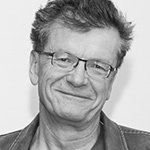
Seppo Gründler was born 1956 and lives in Graz/Austria. He is the head of master degree programme in communication, media, sound and interaction design at University of Applied Sciences – FH JOANNEUM, visiting professor of sound design at Donau-University Krems, member of the board of directors of the Institute for Media Archeology, president of the Society for Dissemination and Distribution of New Music. His main instruments are guitar, electronics and software. He has been working in the field of new media since 1982. He has composed music for computer games, music for theatre, film, media and sound installations. He is the creator of various CDs and two vinyls.
